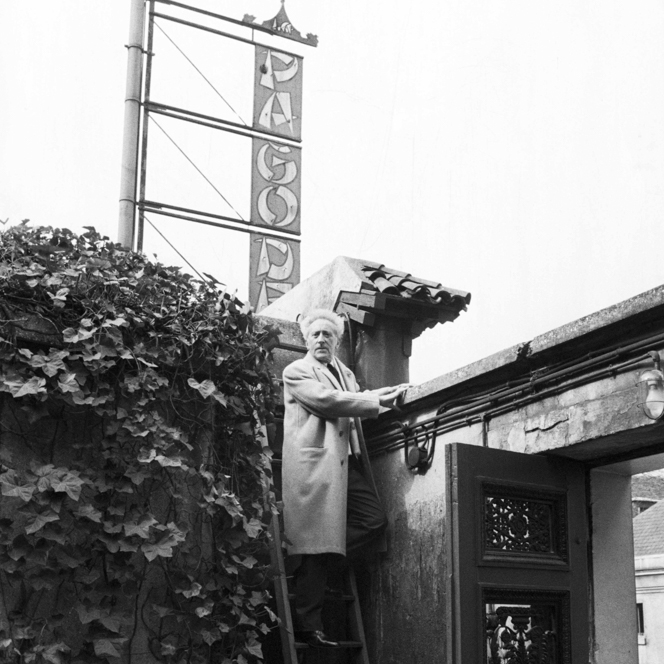When the property magnate Charles Cohen bought the La Pagode cinema in Paris, complete with its celebrated Japanese garden, three years ago, he announced that as an American in Paris he wanted “everyone to be happy”.
The cinema-loving Francophile promised to “restore and preserve” the magnificent listed building and pledged he would “not disappoint” with his €8m facelift.

